Proactive Disclosure: How Transparency Liberates Brands and Builds Trust.
Date: October 2024
Read time: 3mins
Author: Charlie Martin
In today’s world, consumers are demanding more from the brands they support, especially around sustainability claims. Organisations are increasingly moving toward proactive disclosure as a strategy to meet these expectations.
Proactive disclosure involves openly sharing a company’s environmental progress and challenges, which fosters authenticity and trust. This approach disarms scepticism, empowers brands to own their narrative, and ultimately liberates them to pursue a more genuine path toward responsible business practices.
Why Proactive Disclosure?
Unlike traditional marketing strategies that spotlights only a brand’s successes, proactive disclosure invites audiences to view the complete picture—highlights, limitations, and all. For organisations, this open approach can feel risky; however, evidence shows that this transparency can foster significant long-term benefits.
Kelsey Parsons, Global Sustainability Officer at Gunnebo Entrance Control (GEC), explains this approach’s impact:
“Transparency is more than an admission of imperfections; it’s a declaration of intent. By embracing proactive disclosure, we create space for feedback, for improvement, and ultimately for trust. It’s liberating to acknowledge the work that still needs to be done.”
Proactive Disclosure in Action
GEC, a global leader in security solutions, has embedded proactive disclosure at the heart of their sustainability strategy. By joining The Anti-Greenwash Charter, GEC committed to openly sharing their sustainability progress and areas needing improvement. Through their Green Claims Policy, Gunnebo ensures their sustainability narrative is both comprehensive and authentic.
For GEC, transparency is not a vulnerability—it’s a key asset in building loyalty. They actively communicate updates, including ongoing challenges, to foster deeper relationships with clients and stakeholders. In a statement reflecting this commitment, Kelsey shared:
“Our customers appreciate honesty, and that’s what builds trust. If we’re open and transparent, we’ll create stronger partnerships and better long-term relationships.”
Their commitment to transparency has enabled them to create lasting partnerships and establish themselves as an industry leader, embracing openness in a field as high-stakes as security.
The Disarming Effect of Proactive Disclosure
Our research aims to highlight the disarming effect of transparency on audiences. When brands like GEC share an honest picture of their sustainability journey, they mitigate scepticism and foster trust.
Proactive Disclosure as a New Standard
Proactive disclosure, as seen in GEC’s approach, is becoming a benchmark for responsible business practices. Organisations that practice it position themselves as leaders in transparency, setting a standard that challenges others to step up.
The Takeaway: Proactive Disclosure as a Path to Liberation
Proactive disclosure isn’t just about putting all the facts on the table; it’s a liberating approach that enables brands to control their narrative and reduce the risk of greenwashing accusations. By being forthcoming, organisations disarm critics, build genuine connections, and foster a culture of continuous improvement.
GEC’s experience exemplifies this, with Kelsey noting that:
“Transparency is more than an admission of imperfections; it’s a declaration of intent.”
For organisations ready to adopt this approach, The Anti-Greenwash Charter offers support through Green Claims Policies, tools, and guidance, making transparency not only achievable but transformative.
In embracing proactive disclosure, brands can lead the way toward a more sustainable, honest future, where authenticity builds the trust that sustains growth.



